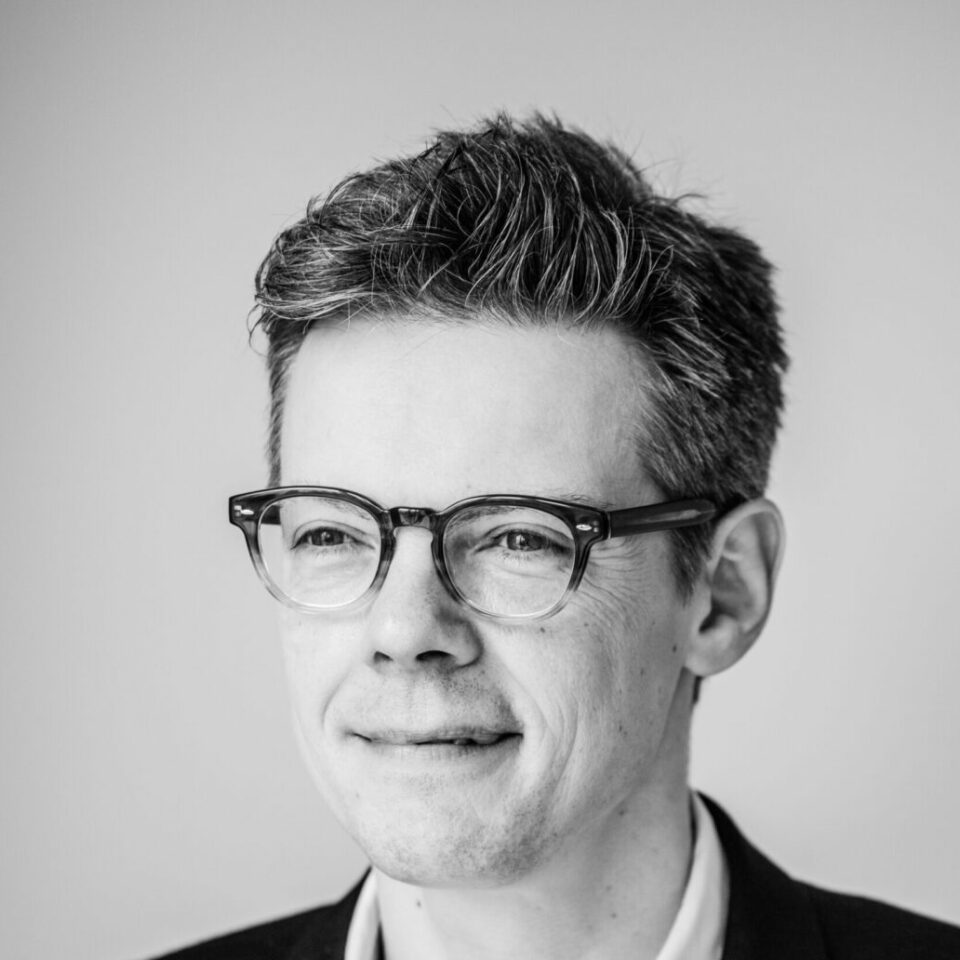One hundred years ago, my late grandfather, Eugeniusz ‘Gienek’ Szott, was born on a small farm, fifty miles east of Lviv. He had two brothers, Zbigniew and Wiesław; a third died from diphtheria as a baby. When Gienek was 16, the Soviet Union and Nazi Germany invaded and carved up Poland. Soviet troops deported my grandfather and his family to a camp in Siberia, where they were held for 18 months.
Once liberated, two of the brothers, Gienek and Zbigniew, joined Britain’s Royal Air Force in the Middle East. Wiesław decided instead to stay with his friends and join the army; he would die later at the great battle of Monte Cassino. In 1943, in the east end of London, Gienek finally met his wife, my grandmother, Elizabeth ‘Lilly’ Bullman. They were both serving as radio operators in the Air Force.
The cockney Slavs then settled in Nottingham, home to Raleigh Bikes, John Player Cigarettes, and Boots the Chemists. My mother, Christine, delivered me just in time, so that I could see Brian Clough turn our local football team into Champions of Europe.
Today, after a career of twenty-five years in the European Union’s capital, Brussels, I’ve started a new life, in Copenhagen, with my partner, Elisabeth.
As we survey our lives at their mid-point, we begin to see the patterns. When I fell in love with the French and German languages at school, it was no academic pursuit: I wanted to live inside those languages so that, one day, I could find a new home on Europe’s mainland. The first time I made someone laugh in French, I crossed an invisible bridge, and never looked back.
When the Berlin Wall crumbled in 1989, I fell in love again, this time with an idea: Europe’s moral and political mission to root itself in the shame of Auschwitz, and build from there, creating a new sense of identity where our dignity, freedom, and equality might be reconciled in a peace project. It was my privilege to serve that project, in various guises, for 25 years, at the end writing speeches for the President of the European Commission.
Today, many of us feel uprooted, even if we’ve never left the towns of our birth, such has been the speed of technological, cultural, and economic change. Some of us instinctively build identity around a place and its traditions, while others look further afield, curious to meet and learn from neighbours; there is no right or wrong here, not least because most of us feel both urges. Only, the question has become politicised so that it now undermines our sense of a common good. It is perhaps the most urgent question of our time, of a piece with our struggle to save the ecosystem: can we live together after all, respectful of our differences?
Writing brings some of the answers. It helps us to come to terms with the world around us, root ourselves in it, even as we seek to reinvent it. From Ali Smith to Zadie Smith, I’ve loved the writers who reconcile personal vision with public concern.
In moments of doubt, I ask myself whether one more uprooting isn’t perhaps one more escape. Am I running from a trauma – my country’s betrayal of Europe, the most painful political event of my lifetime – towards an illusion of renewal? I can only hope that the real reason is better than that. All I know is that I want to root myself again, through writing, and to do that in a city that might become a home.



